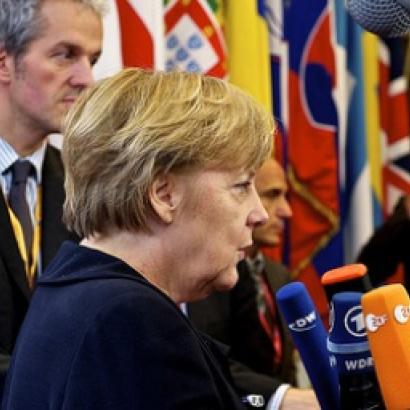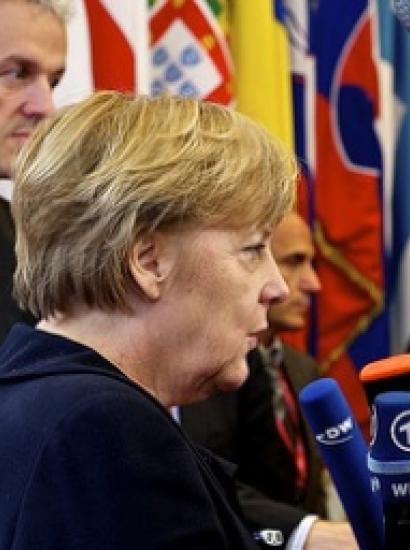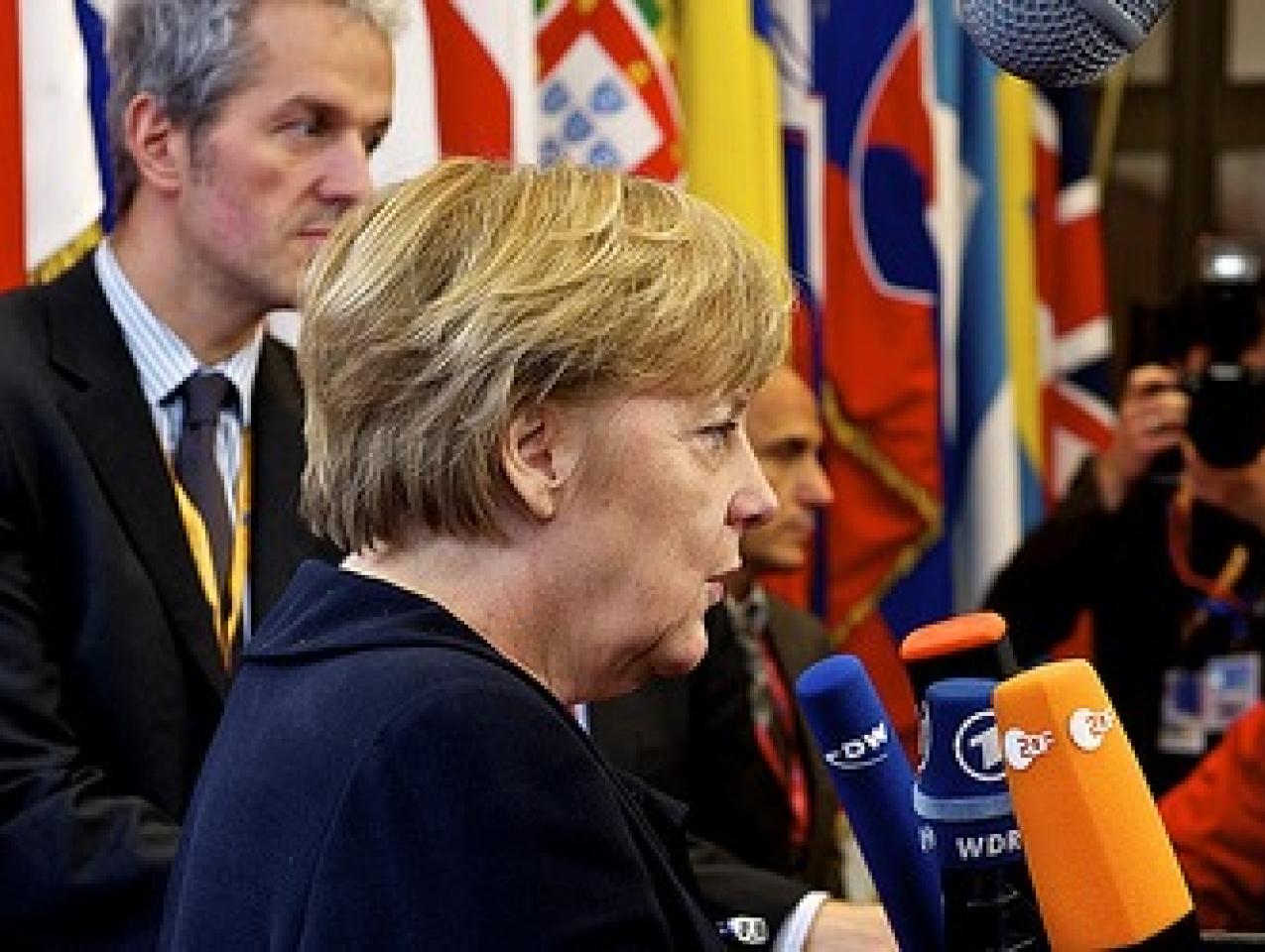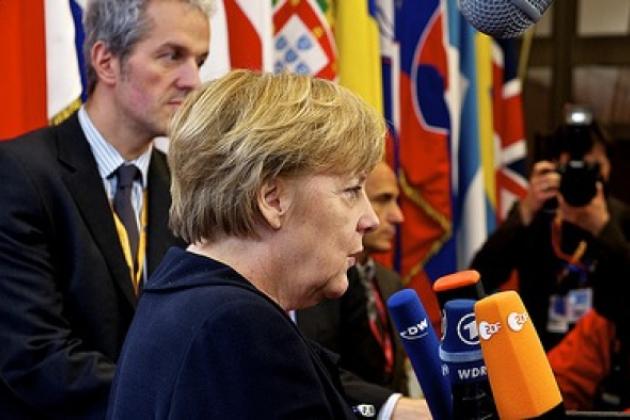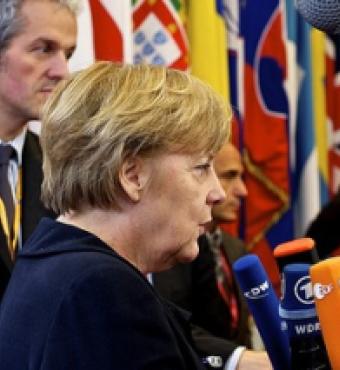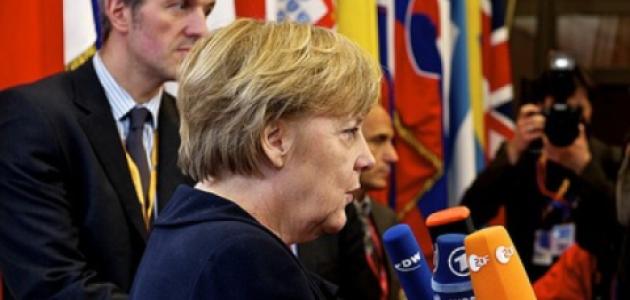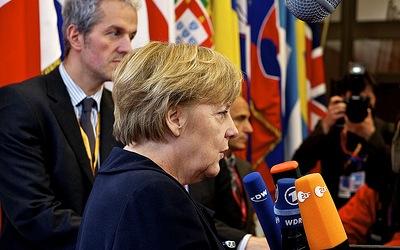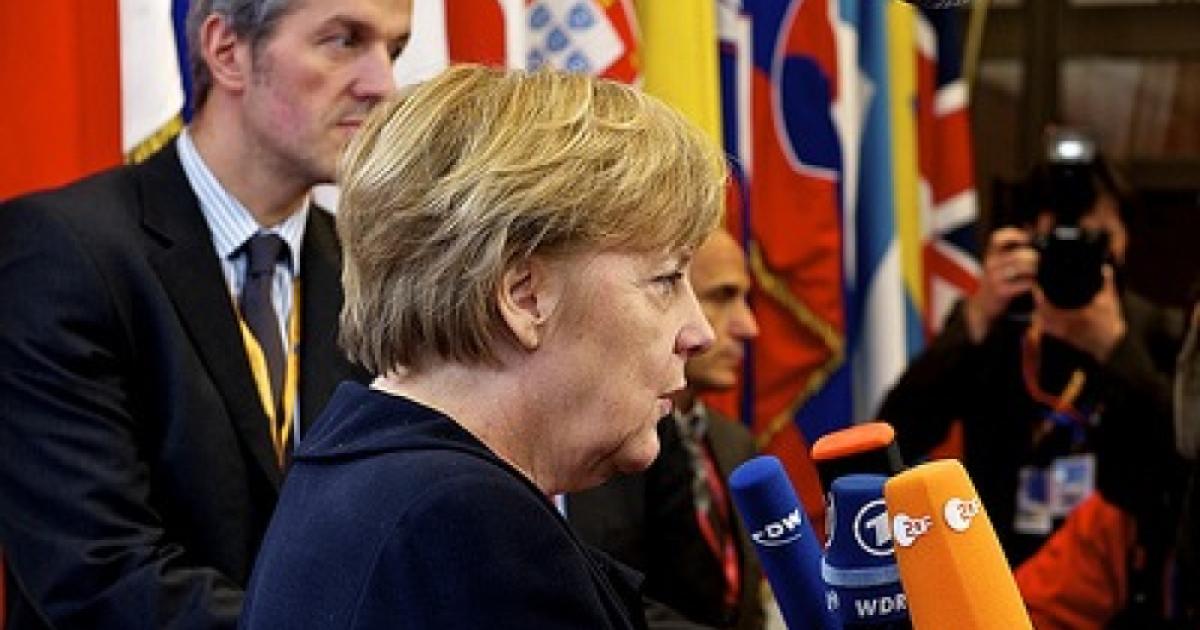- International Affairs
- US Foreign Policy
In the high stakes drama over the future of the Euro, Chancellor Angela Merkel’s Germany has emerged as the predominant power as a unified European economic policy begins to take shape. This was not always the case. Not long ago, French President Nicolas Sarkozy tried to promote an alternative strategy of higher spending and less austerity; now Sarkozy has become Merkel’s junior partner, dependent on her political support in his bid for reelection. British Prime Minister David Cameron too has been pushed aside over the question of taxing financial transactions. American efforts to influence European policy have also fallen flat: Secretary of the Treasury Timothy Geithner’s attempts to lecture the Europeans had little impact, beyond the damage he did to his own credibility.
The shape of the unified European economic policy has become unmistakably German: structural reforms to restrain spending—the so-called Schuldenbremse—plus austerity measures and the prospects of higher taxation. Merkel has won the game.
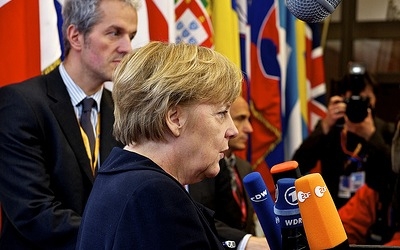
Photo credit: European Council
Meanwhile the future of a unified European foreign policy is also coming into focus. It too will be defined by Germany, and it will therefore display some of the structural features of German history and Germany’s place in Europe. Understanding these elements is crucial to gauging the prospects for Europe’s future role on the world stage.
Mention of German history immediately conjures up the dark side of its past, like the world wars, Hitler, and the Holocaust. Opponents of Merkel’s economic agenda have been quick to attack her with Nazi symbolism. Yet most of the European public has recognized the irrelevance of this name-calling by anti-German protestors in the streets of Athens. Since World War II, Germany has developed a profound sense of its responsibility for past crimes and has matured into a stable liberal democracy.
It is not the Nazi past that matters now but Germany’s geography, its location in the European center, between East and West, between Russia to one side and the old Western democracies to the other. Can Germany pursue policies that mediate between the two, bringing the two sides together? Or will it be torn back and forth, potentially sliding over into one of the camps?
Germany sits in the center of Europe, between the old Western democracies and Russia.
During the Cold War, the prospect that a unified Germany might slide away from the West and into the Soviet orbit haunted policy discussions. For a while, the term “finlandization” was used to describe how, through meekness or neutrality, a democratic country could turn into a Russian satellite. Today, the term may be obsolete, but the problem remains relevant: What foreign policy course will Berlin steer as it maneuvers between Moscow and Washington? And since Germany is emerging as the leading continental power, this is not only a German question, but a question concerning the future of a unified European foreign policy.
Germany’s different responses to the crises in Libya and Syria shed important light on its foreign policy ambivalence. In March 2011, Germany broke with a tradition of voting with the western alliance by siding with Russia and China in their abstention in the vote on UN Security Resolution 1973 that authorized steps to provide protection to civilians in Libya. Yet in February 2012, Germany voted with the majority of the Security Council—but against vetoes from Russia and China—to condemn violence against civilians in Syria. To be sure, the proposed Syria resolution involved no authorization of the sort of intervention that took place in Libya, and it therefore represented a lower bar for Germany; the Syria resolution would have committed no one to any action. If a more robust proposal were to come before the Security Council, Germany might well opt for consistency by choosing the route it took on Libya and side with Russia.
The Russian veto elicited strong condemnation from the United States, but German Foreign Minister Guido Westerwelle refrained from criticizing Russia. Nor is there evidence that Germany is using any of its political capital in Moscow to change the Russian position. While Germany may be willing to sign statements condemning violence and promoting democracy in the Middle East, there are limits to the activism it is prepared to endorse. How come?
Germany ought to have considerable influence over Russia, due to the economic cooperation between the two countries. Yet the politics move in the other direction. German reliance on Russian natural gas, especially in this cold European winter, constrains Berlin’s willingness to rock the bilateral boat. This link between foreign policy and energy dependence will grow more significant as Germany begins to dismantle its nuclear industry.
The EU will likely support democratic values without going too far to defend them.
Merkel has, in other cases too, displayed a clear predisposition to subordinate political values, such as human rights, to economic interests. During her recent visit to China, regime critics were demonstratively prevented from meeting with her. She responded with a half-hearted expression of mild regret at the end of her trip. The German economy depends significantly on global trade, especially with China. Advocacy for rights therefore ceases to be a top priority.
In the case of Syria, a further dimension works against vigorous German engagement. The crisis of the Assad regime involves a competition between two aspiring regional powers, as Turkey and Iran vie for influence over Damascus. With important economic ties to Tehran, Germany has hardly been a strong advocate for sanctions against Iran in light of the latter’s nuclear ambitions. At the same time, Germany’s ties to Turkey have been troubled by the question of its membership in the European Union and the bizarre behavior of its Prime Minister, Recep Erdogan, who, speaking to Turkish immigrant audiences in Germany, has urged them to reject integration into German society.
Germany’s condemnation of the violence in Syria is doubtlessly sincere, but its national interests hardly point toward embracing the prospect of a post-Assad regime in a Turkish orbit. Nor would Germany likely benefit from antagonizing Russia in order to promote Syrian democracy. Since the United States has largely refrained from providing leadership in response to the unrest in the Arab world—preferring instead the indolent passivity mislabeled as “leading from behind”—one can hardly begrudge Germany for tilting toward its national interests and the historical inclination to keep a line open to Moscow.
In one sense, the Syrian crisis is absolutely clear: a dictatorship waging war against its people. At the same time, however, it is complex, involving a Russian return to Cold War habits, a competition between Turkey and Iran, and the dysfunctionality of the United Nations, all in the context of the United States’ general retreat from the world stage. In this fluid situation, Germany’s response provides an important indicator not only of its specific national interests but also of the likely future shape of European Union foreign policy: that is, nominally in support of democratic values but unlikely to go very far to defend them.








